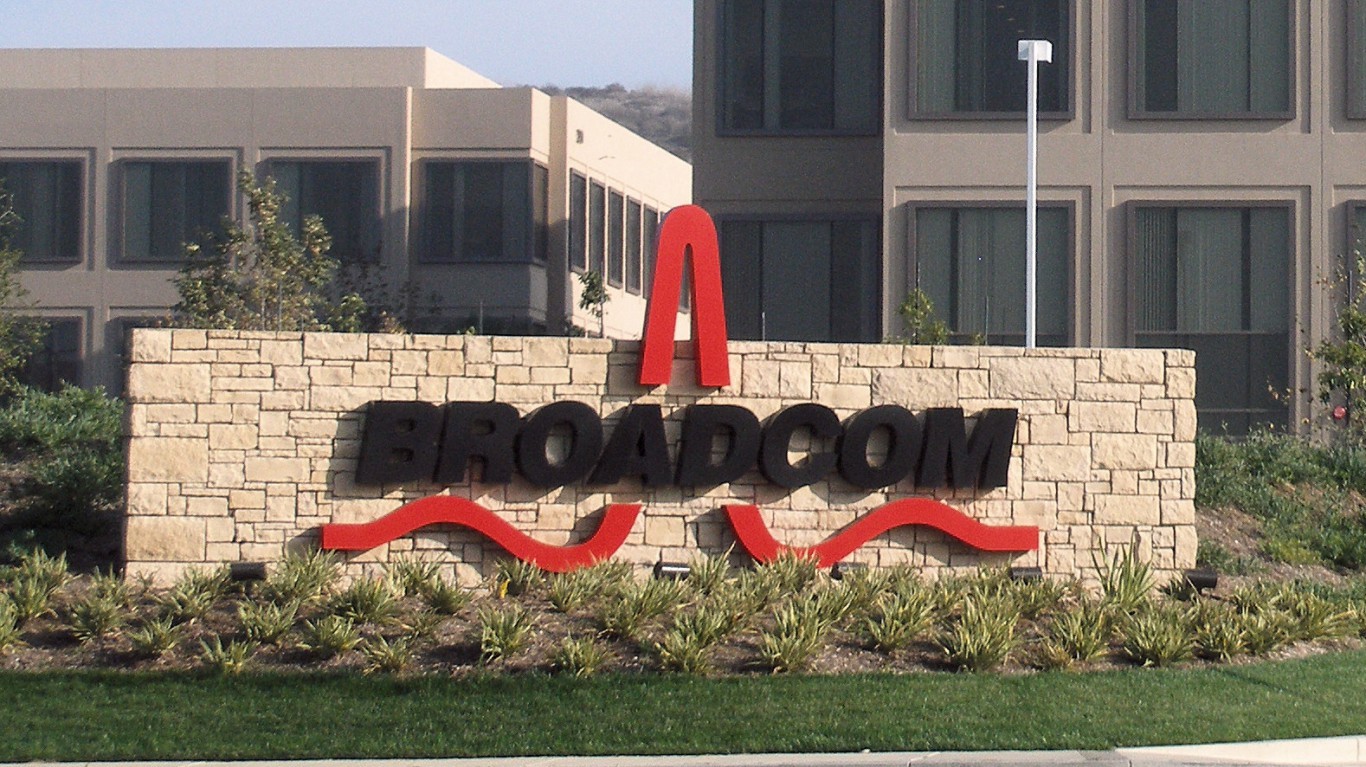
"Broadcom's $10 billion-plus agreement with OpenAI is a cornerstone of its AI strategy. Unlike the vendor-financing deals with Nvidia, Advanced Micro Devices ( ), or Oracle ( L) where equity stakes or investments grease the wheels, this is a cash-based supply contract. Broadcom will deliver 10 gigawatts of custom-designed AI accelerators - tailored for OpenAI's training and inference workloads - alongside Ethernet networking and full rack systems, starting in the second half of 2026 through 2029."
"The deal builds on 18 months of co-development, positioning Broadcom as a critical enabler of OpenAI's frontier models. This diversifies OpenAI's supply chain away from Nvidia, while Broadcom gains a high-profile client to showcase its custom silicon prowess. The deal's scale is massive, contributing to Broadcom's $110 billion order backlog, with analysts estimating it could add $2 billion to $3 billion annually to revenue by 2027."
"However, as Broadcom's AI business surges, it's narrowing its focus to an elite cadre of top-tier large language model (LLM) developers and hyperscalers who are driving 40% to 50% of its revenue. This concentration amplifies its AI credentials but raises questions about heightened risk if the AI boom falters. By limiting its customer base, is AVGO stock a riskier investment?"
Broadcom transformed from a smartphone chip supplier into an AI infrastructure provider focused on custom accelerators (XPUs), Ethernet networking, and data center systems. A $10 billion-plus cash-based supply agreement will deliver 10 gigawatts of custom AI accelerators, networking, and racks to OpenAI from late 2026 through 2029. The deal follows partnerships with hyperscalers including Google, Meta, and Amazon, contributes to a $110 billion order backlog, and could add $2–3 billion annually by 2027. Revenue concentration with top LLM developers and hyperscalers accounting for 40–50% of sales raises dependency risk if AI demand weakens.
Read at 24/7 Wall St.
Unable to calculate read time
Collection
[
|
...
]